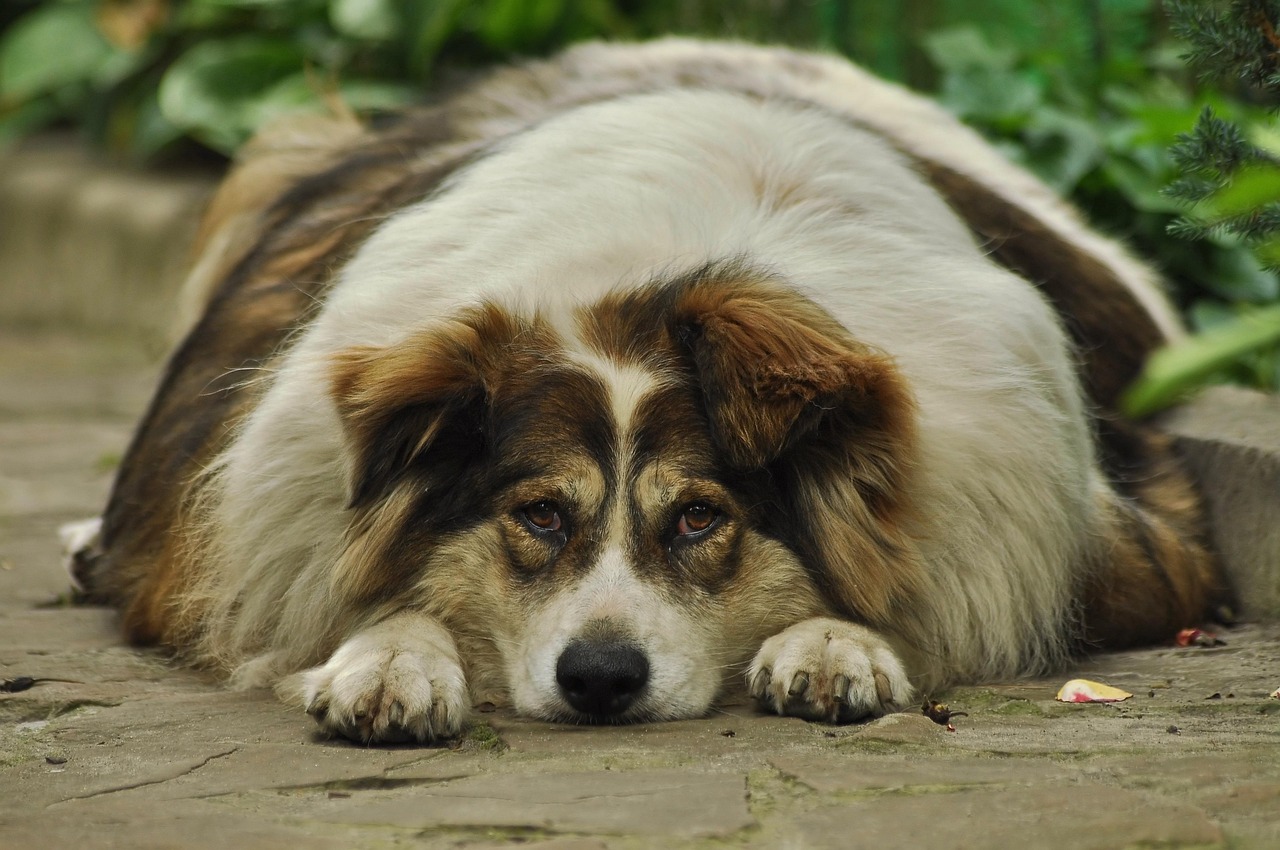Maintaining a healthy weight is important for our furry companions.
Just like in humans, excess weight can lead to a large number of health issues including diabetes, respiratory and heart disease, kidney disease and arthritis.
It can shorten an animal’s life expectancy by as much as 25 per cent.
Factors contributing to pet obesity include overfeeding, lack of exercise, genetic predisposition, and certain medical conditions.
Some signs of obesity in our pets include difficulty feeling their ribs, an inability to see or feel the waist when viewed from above, and a reluctance to engage in physical activity.
Options for weight management include the following:
An initial assessment with your vet is recommended to rule out any underlying medical disease, provide guidance on an appropriate target weight, and recommend a suitable diet and exercise plan.

A balanced diet: specific diets may be used that encourage weight loss without our pets still feeling hungry.
Portion control: measuring or weighing our pet’s food and dividing their daily ration into smaller frequent meals can help avoid overeating. Avoidance of treats or using low-calorie treats can help.
Regular exercise: encouraging physical activity through daily walks, play sessions and interactive toys. Walks should ideally be in the early morning or evening to avoid overheating.
For cats, try using a toy that they can stalk and catch.
Healthy weight loss in our pets should be gradually achieved over several months with a loss of 2-3 per cent bodyweight each month being an ideal amount.
The key element in achieving an ideal weight is the dedication of us as pet owners.
If our furry friends stay at a healthy weight, they are more likely to live longer, healthier, and more comfortable lives.
– Supplied by Franklin Vets




